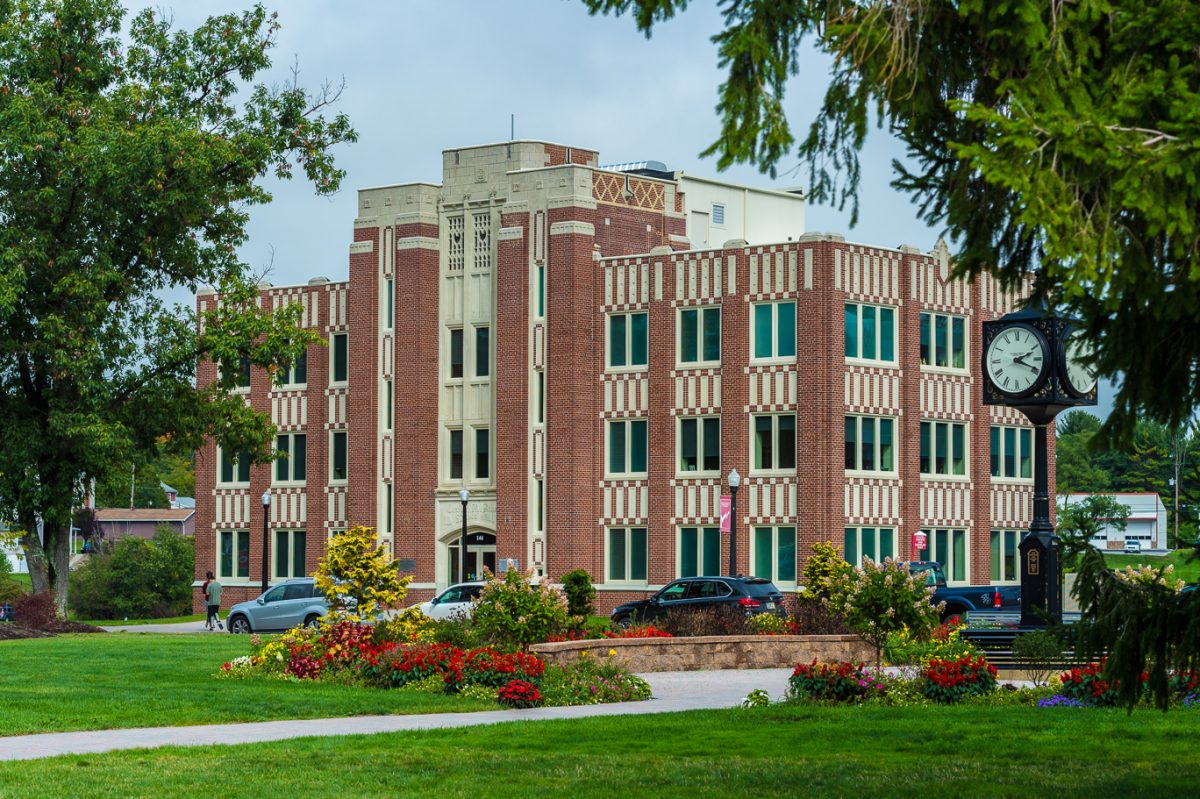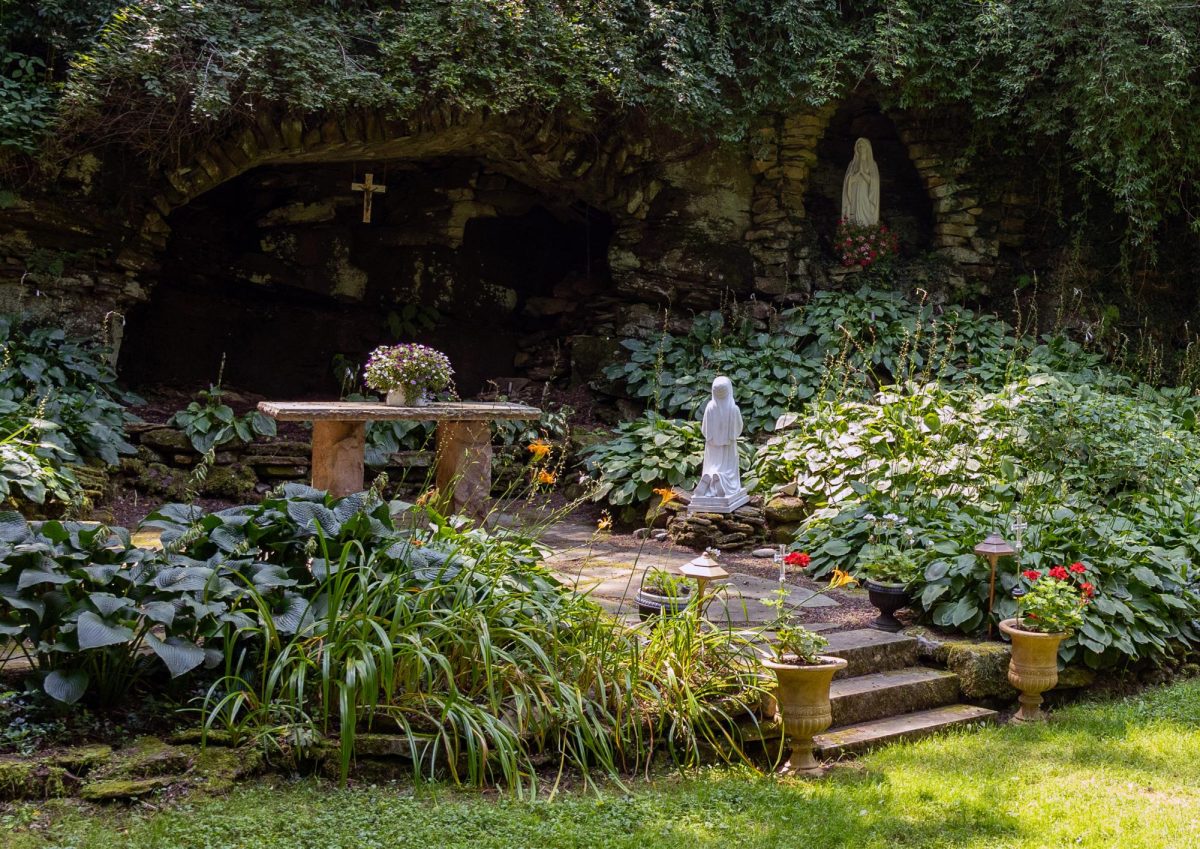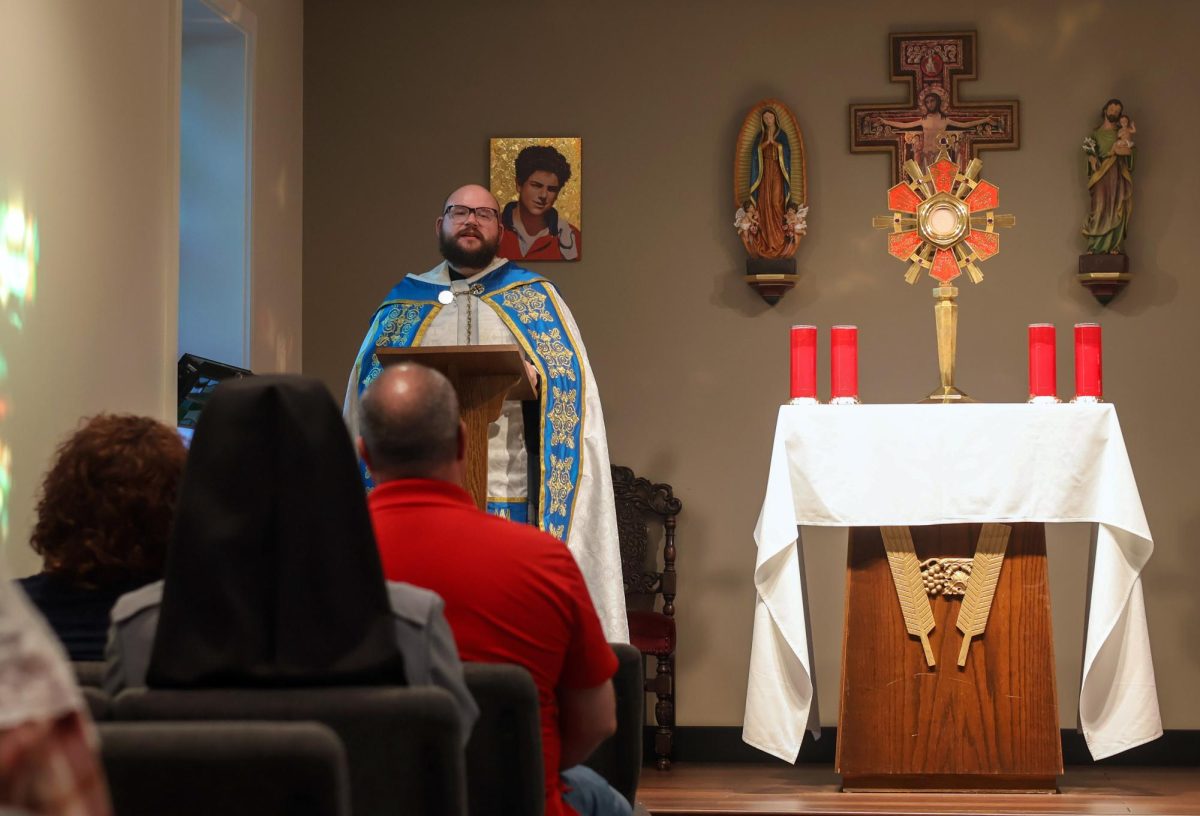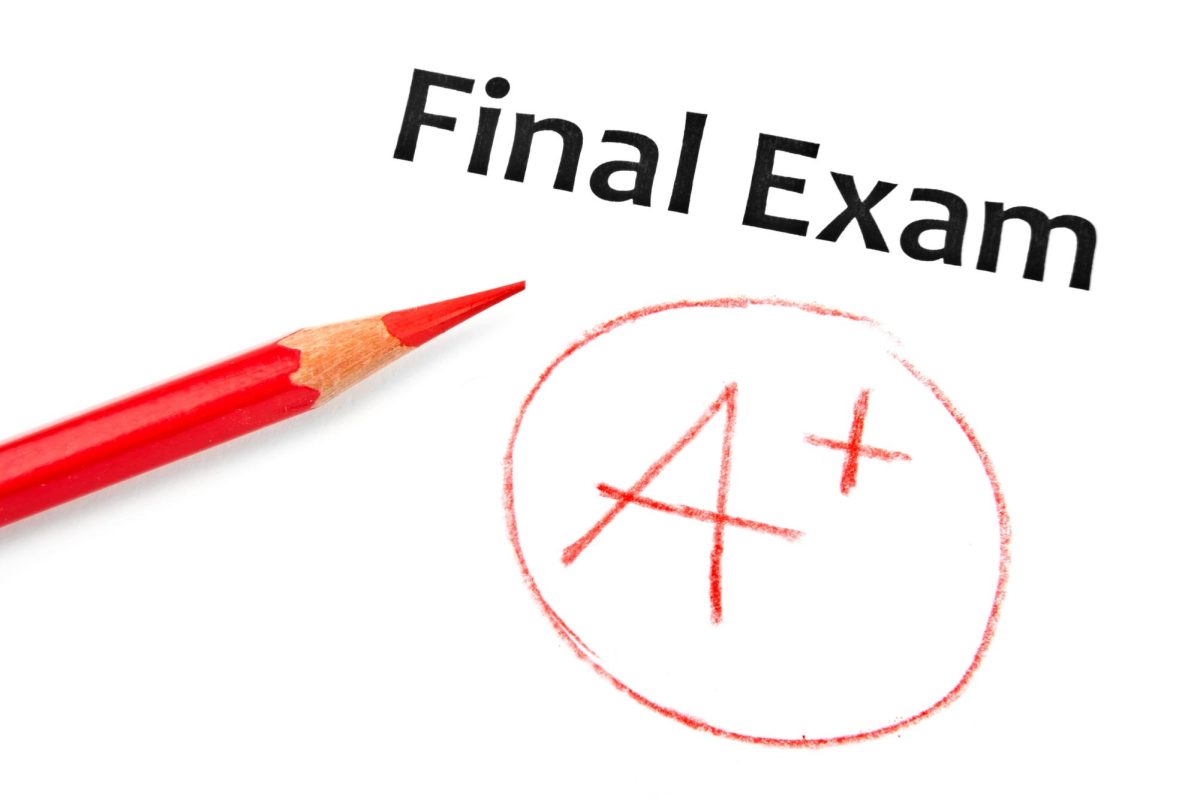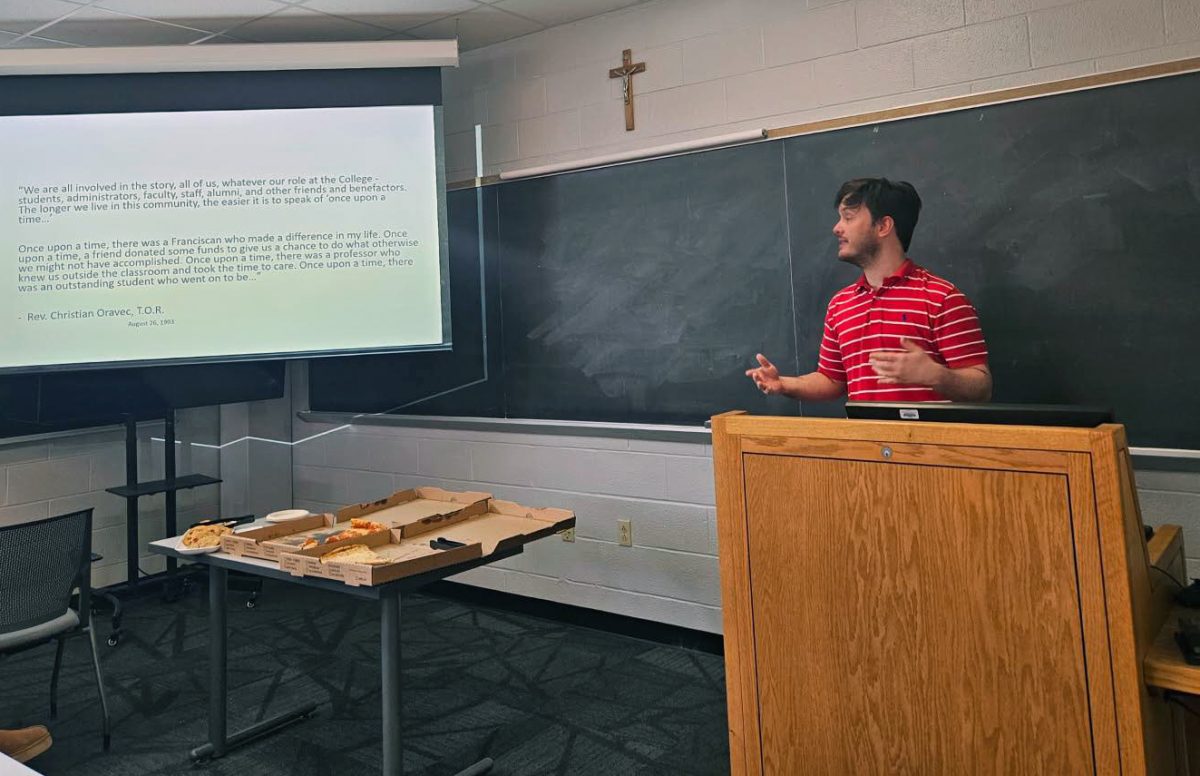With dropping temperatures, Schwab Hall has become a refuge for flies and bees seeking warmth. While the seasonal invasion is not uncommon, many faculty and students feel this year’s outbreak is worse than usual.
According to the University’s Physical Plant, flies, bees, ladybugs and stinkbugs attempt to “get in out of the cold” by finding available entry points to the building. Once inside, the insects “wake up” and become active again as daytime temperatures rise.
The problem is worse for some than others, depending on their location in Schwab. Associate Professor of Communications Kelly Rhodes said she has dealt with as many as 32 flies in her office in a single day.
“The highest number I’ve seen was in the 30s, but 15 to 20 was an average day,” said Rhodes. “I’d clean them all up before I left, but by the next morning, more would appear and their numbers would increase throughout the day.”
“I have to kill them during the day.”
Physical Plant said it has taken steps to address the issue.
“Regarding Schwab Hall, we have sprayed for bees, but not specifically for flies,” said Dave Williams, Director of the Physical Plant. “We are trying to seal up any areas where we think the insects are getting in, which will help to decrease the number that can get into the building in the future.”
Rhodes said that while she sweeps up smaller numbers of flies, Physical Plant staff have recently vacuumed larger numbers of dead insects from windowsills in Schwab.
The problem isn’t confined to a single office. Faculty and students have reported similar issues throughout the building, with some even being stung by bees. Others have found flies hiding in the pockets and sleeves of their clothing.
“This is definitely the worst it’s been,” Rhodes said. “It’s always been a problem, but in previous years, it seemed like it was for a shorter period of time and there weren’t as many.”
In classrooms, students have resorted to using their shoes, books and other materials to swat at insects.
Williams said that as Physical Plant works to seal entry points, they are hopeful that this will be a long-term solution to the problem.
